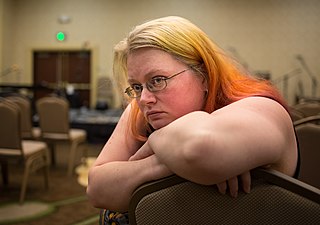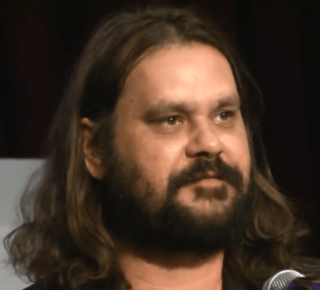A Quote by Richard Flanagan
Black Saturday reminded many Australians of what they know only too well: that of all the advanced economies, Australia is perhaps the one most vulnerable to climate change.
Related Quotes
The silver lining of Brexit and Trump is that it has undermined the perception that globalization is an unstoppable force, whether or not we think it is a good thing or a bad thing. There have always been losers and as well as winners in this process, and cultural minorities have been among the most vulnerable losers. Now that sizable numbers of people in the most advanced economies have made their grievances felt in a fashion that is hard to ignore.
Tackling the issue of climate change presents us with an inflection point in human history - a climate justice revolution that separates development from fossil fuels, supports people in the most vulnerable situations to adapt, allows all people to take part, and, most importantly, realise their full potential.
Scientists tend to focus on what they don't know more than what they do know. And there are a lot of things we still don't know about the climate. But we know the difference between climate variability and climate change, and right now the amount of carbon in the atmosphere is well outside the variability pattern - and that's quite quantifiable.






































